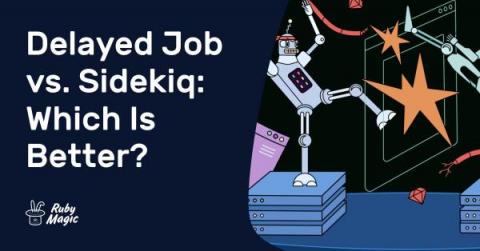Patterns and Anti-patterns in Node.js
Node.js is a backend JavaScript runtime built on Chrome's V8 engine that's asynchronous and event-driven by nature. It's relatively simple to create a REST API with Node.js and use frameworks like Express.js. With this simplicity comes a lot of flexibility. However, you can get side-tracked on what patterns to follow when building scalable network-driven applications. This article focuses on some of the patterns and best practices to follow when building Node.js applications.








